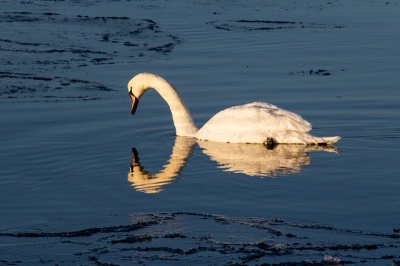Self-evaluation of teaching practice
| Foundation Skills | |
|---|---|
| Lecturer self-evaluation | |
| Reflection as a way of self-evaluating teaching practice | Objectives | Reflection | Self-evaluation of teaching practice | Methods for self-evaluation | Summary |

Self-evaluation for teachers requires a process of monitoring so they can adapt what they do (their practice) to improve the learning experience for students.
This resource put together by the Warwick Learning and Development Centre on Self-Evaluation is very useful, and a good place to start. I suggest you read this article: Learning through reflection - a guide for the reflective practitioner by Andrew Castley (2005). In this, he summarises the commentary of different experts (Boud & Walker; Boyd & Fales; and Schon), and the approaches you can use to reflect on your work-based experiences and learn from them.
- Self-evaluating teaching practice
Can you articulate to a colleague how you reflect on your teaching practice? Think about how you would advise a new colleague about your practice, and the sources of information that you would use to inform your reflection. Self-evaluation of your teaching practice along with reflection contributes to what can be regarded as reflective practice. By using reflection, you can develop greater awareness about your actions, and the actions of others. Reflective practice involves a range of strategies in addition to reflection and self-evaluation.
1. Explore these resources to get a better understanding about using reflection for self-evaluation.
2. You may want to develop a checklist or a list of questions to use in your context. These questions can help you reflect on your teaching practice in a structured, yet critical, way. Such a checklist could be called your self-reflective evaluative tool and you can update and refine it from time to time.
|
|